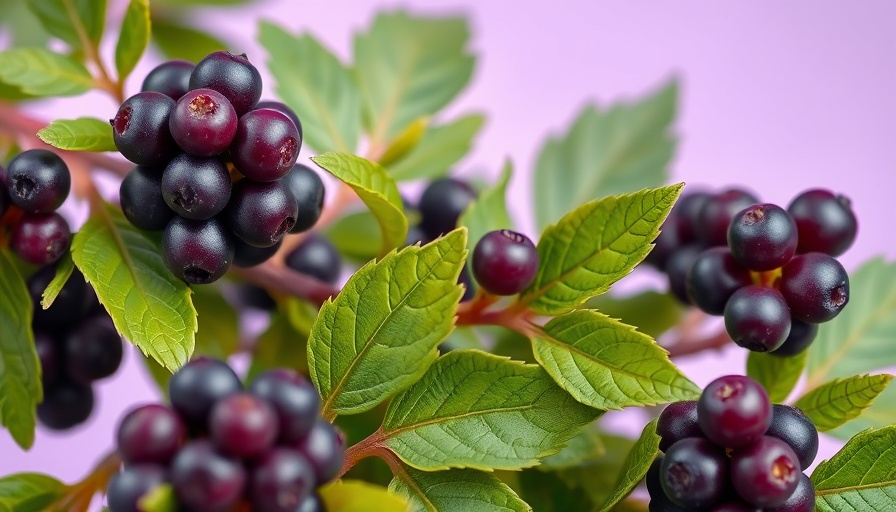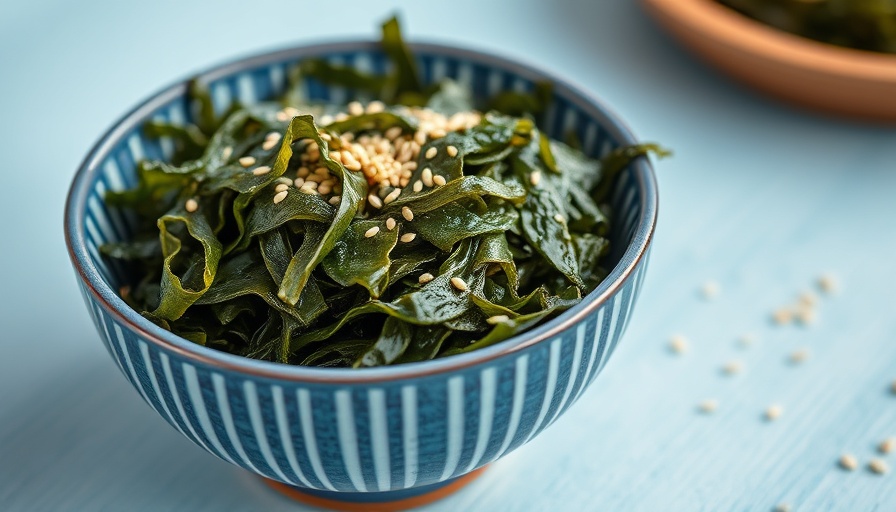
Understanding Colds and Flu: A Brief Overview
As colder months approach, colds and flu become a common concern for many families. With millions of Americans falling victim to these illnesses each year, understanding prevention and treatment options is crucial. While the CDC emphasizes the importance of annual flu vaccinations, many people also turn to natural remedies such as elderberry, echinacea, and cranberries to boost their immune systems and combat symptoms.
The Science Behind Flu Vaccines and Effectiveness
Flu shots are designed to reduce the risk of contracting influenza by approximately 40 to 50 percent. For the majority of healthy adults, this means lowering their risk from about 2 percent to just under 1 percent. While older adults and children might benefit more substantially, some still remain skeptical about relying solely on vaccines. This leads many to explore alternative solutions.
Can Elderberry Really Help with Colds and Flu?
Elderberry extracts have emerged as a popular supplement, praised for their ability to combat flu viruses in laboratory tests. Studies suggest that elderberry can significantly enhance immune responses. Clinical trials reveal promising outcomes, noting that those taking elderberry reported symptom relief much faster than those on placebo, particularly in instances of flu-like symptoms. This evidence puts elderberry at the forefront of natural cold and flu treatments.
Echinacea and Cranberries: Worth the Hype?
Echinacea's effectiveness remains controversial, with research yielding mixed results. Some studies indicated a slight reduction in the incidence of colds, suggesting a 20 percent decrease in occurrences when taken regularly. However, the statistical significance was borderline. Cranberries, known for their health benefits, don't have specific evidence supporting their ability to treat or prevent colds or flu, but their overall nutritional value can't be overlooked.
Final Thoughts: Balancing Treatments
While flu shots remain a critical line of defense against the influenza virus, exploring natural options like elderberry may complement traditional methods for managing symptoms. As you prepare for the cold season, consider a balanced approach combining vaccinations with immune-boosting supplements. Consulting healthcare professionals can provide tailored strategies suitable for individual health needs.
 Add Row
Add Row  Add
Add 




Write A Comment